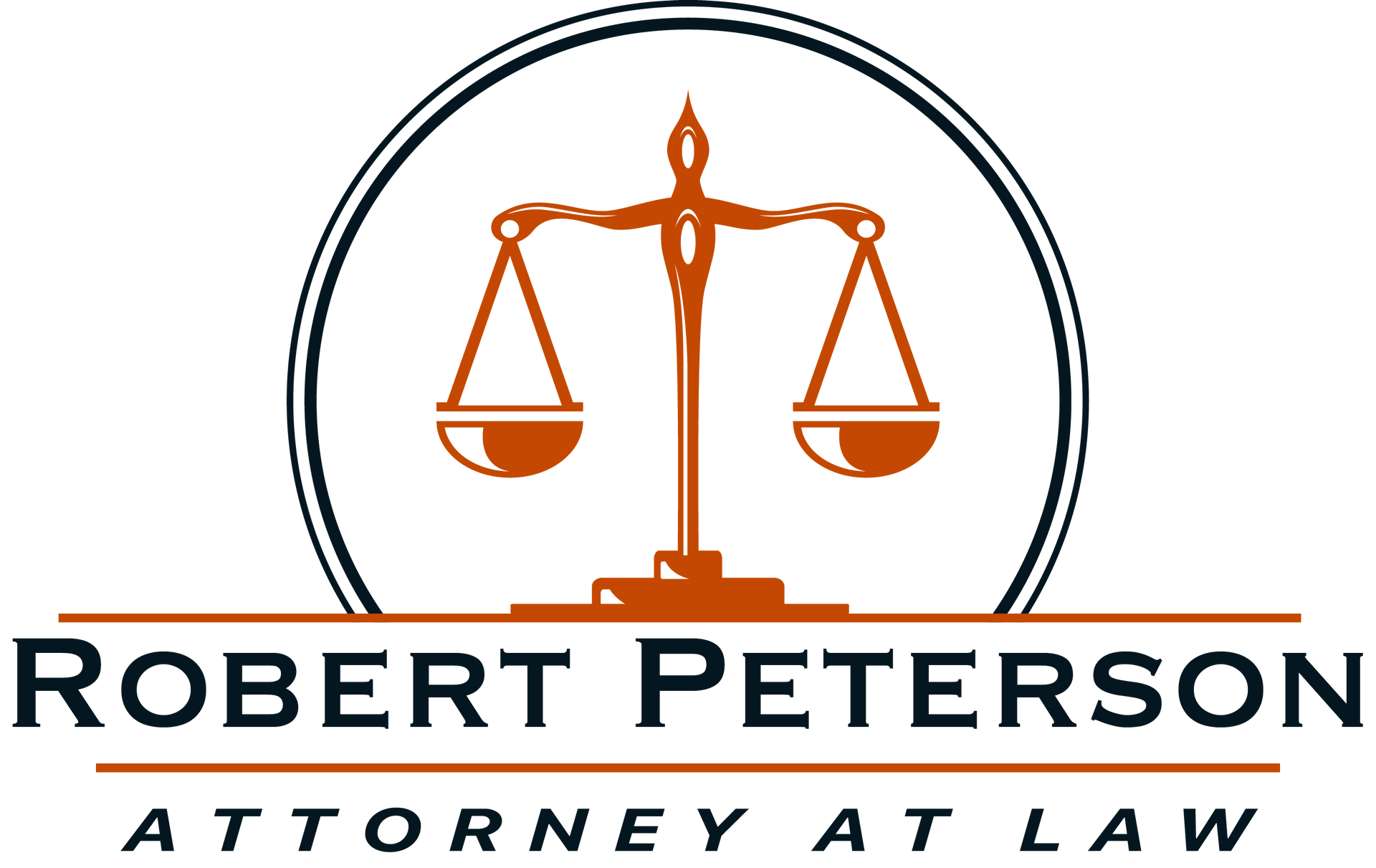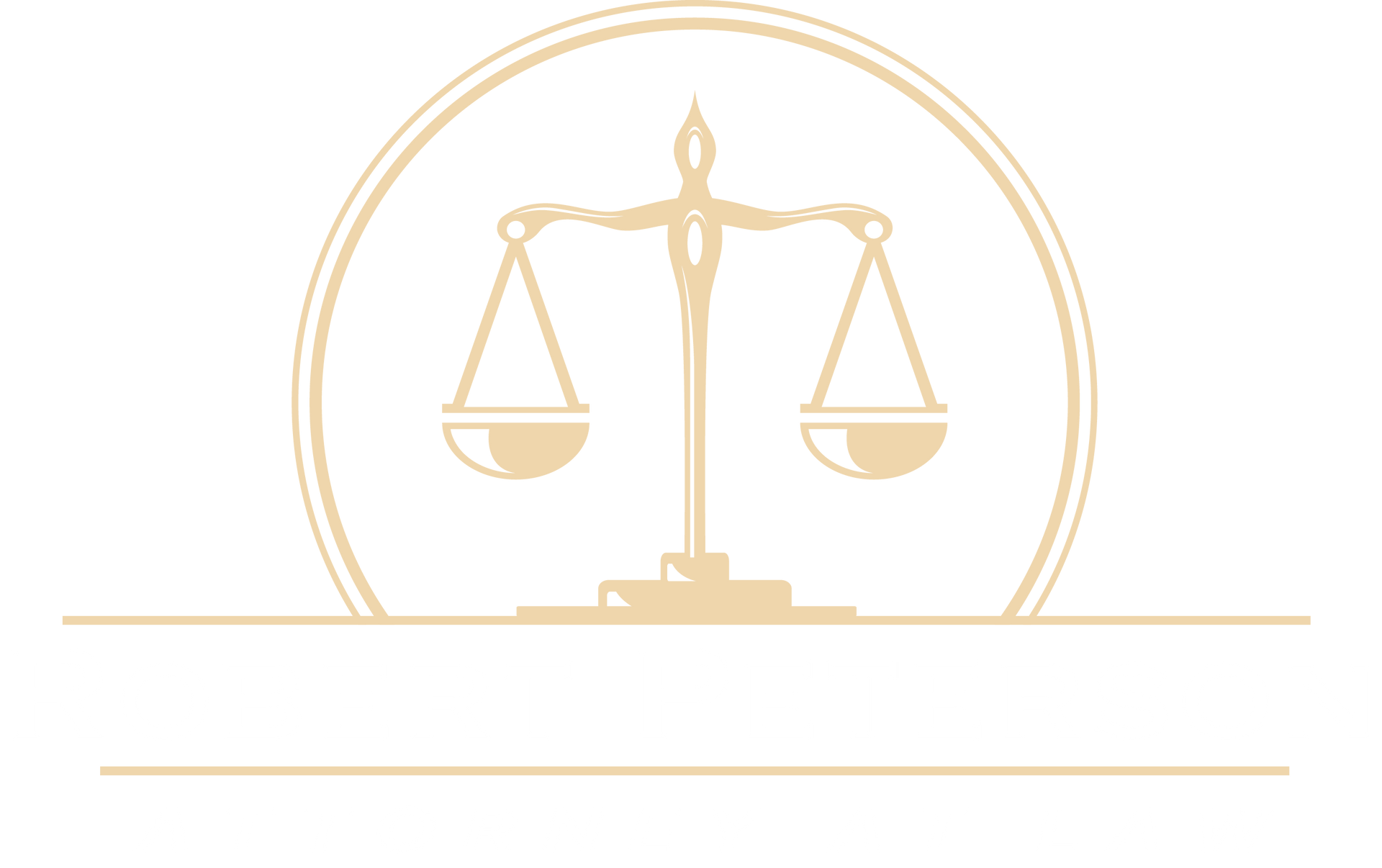
Understanding Property Rights in Michigan: A Comprehensive Guide to Land
Ownership Laws and Regulations
I. Introduction
A. Overview of Property Rights in Michigan
Property rights are a cornerstone of American society, and understanding them is crucial for any landowner. In Michigan, the real estate landscape is unique, with laws and regulations that reflect its rich history and diverse geography. From the bustling cities of Detroit and Grand Rapids to the serene Upper Peninsula, Michigan's property laws ensure that the rights of landowners are protected while balancing public interests.
B. Purpose of the Guide
This guide aims to provide a comprehensive overview of property rights in Michigan. Readers will learn about the different aspects of land ownership, including how to acquire property, understand zoning laws, and resolve disputes. By understanding these laws and regulations, property owners can make informed decisions and protect their investments.
II. Michigan Land Rights: An Overview
A. Historical Context
Michigan's land ownership history dates back to the early 19th century when the territory was first settled. The Northwest Ordinance of 1787 and subsequent treaties with Native American tribes played significant roles in shaping land laws. Over the years, Michigan's real estate laws have evolved to address the needs of its growing population and economy.
B. Key Terminology
Understanding property rights begins with familiarizing yourself with essential terms:
**Land Rights**: Legal rights to own, use, and control a piece of land.
**Real Estate Laws**: Regulations governing the buying, selling, and use of land.
**Property Regulations**: Rules set by local, state, or federal authorities that affect land use and ownership.
C. Types of Land Rights
In Michigan, land rights can be categorized into several types:
**Surface Rights**: Ownership of the land surface, including buildings and vegetation.
**Mineral Rights**: Ownership of underground resources like oil, gas, and minerals.
**Usage Rights**: The right to use the land for specific purposes, such as farming or building.
**Riparian Rights**: Ownership rights to land adjacent to waterways.
**Easements**: The right to use another person's land for a specific purpose, such as a driveway or utility line.
III. Land Ownership Laws in Michigan
A. Acquiring Property
There are various methods to acquire property in Michigan:
**Purchase**: The most common way to acquire property. It involves a legal transaction between a buyer and a seller.
**Inheritance**: Property can be passed down from one generation to the next through a will or estate plan.
**Gift**: Property can be given as a gift, often between family members.
Legal requirements for property transactions include signing a sales contract, obtaining a clear title, and recording the deed with the county.
B. Title and Deed Requirements
A clear title is crucial for establishing ownership. It ensures there are no legal claims or liens against the property. Common issues with titles include unpaid taxes or unresolved disputes. Resolving these issues often requires legal assistance.
Deeds are legal documents that transfer ownership from one party to another. Types of deeds include:
**Warranty Deed**: Guarantees a clear title.
**Quitclaim Deed**: Transfers ownership without guaranteeing the title's status.
**Covenant Deed**: Transfers ownership guaranteeing grantor's clear title during his/her ownership.
C. Zoning and Land Use Regulations
Zoning laws dictate how land can be used. In Michigan, zoning categories include residential, commercial, and industrial. Zoning affects property values and what can be built or operated on the land. Understanding local zoning laws is essential for property owners to avoid legal issues and make the best use of their land.
IV. Understanding Michigan Real Estate Rights
A. Homeowner Rights and Responsibilities
Homeowners in Michigan have several rights, including:
**Right to Occupy**: Owners can live on their property without interference.
**Right to Sell or Lease**: Owners can sell or lease their property.
**Right to Privacy**: Owners can enjoy their property without unwarranted intrusion.
Responsibilities include paying property taxes, maintaining the property, and adhering to local regulations.
B. Tenant and Landlord Laws
Michigan has specific laws to protect both tenants and landlords. Tenants have the right to a habitable living environment, timely repairs, and protection against unfair eviction. Landlords must provide safe housing, make necessary repairs, and respect tenants' privacy. Michigan has a Landlord Tenant handbook available online.
Disputes between tenants and landlords can be resolved through mediation or, if necessary, legal action.
C. Dispute Resolution
Common real estate disputes include boundary issues, easement disagreements, and landlord-tenant conflicts. Legal avenues for resolving disputes include:
**Negotiation**: Informal discussions to reach an agreement.
**Mediation**: A neutral third party helps facilitate a resolution.
**Litigation**: Taking the dispute to court for a legal decision.
V. Michigan Property Regulations and Compliance
A. Building Codes and Safety Standards
Michigan's building codes ensure that structures are safe and meet minimum standards. Property owners must adhere to these codes when constructing or renovating buildings. Compliance is crucial to avoid fines and ensure the safety of occupants.
B. Environmental Regulations
Environmental laws protect Michigan's natural resources. Property owners must comply with regulations regarding waste disposal, water usage, and land preservation. Responsibilities include maintaining septic systems, preventing soil erosion, and protecting wetlands. Michigan has produced a handbook to assist in compliance with state and federal environmental laws.
C. Property Tax Laws
Michigan's property tax system funds local services like schools and infrastructure. Property taxes are assessed based on the property's value. Owners must pay these taxes annually. Understanding how taxes are assessed and staying current with payments is essential for avoiding penalties.
VI. Property Ownership Guide: Best Practices
A. Conducting Due Diligence
Before purchasing property, thorough research is essential. Key steps include:
**Title Search**: Ensures the property has a clear title.
**Inspection**: Identifies any potential issues with the property.
**Survey**: Confirms property boundaries.
B. Legal Assistance and Resources
Seeking legal advice is crucial for navigating complex real estate transactions. Resources available to property owners in Michigan include:
**Michigan State Housing Development Authority (MSHDA)**: Offers assistance with housing and property issues.
**Local Government Offices**: Provide information on zoning, permits, and property records.
C. Protecting Your Property Rights
Safeguarding property rights involves:
**Staying Informed**: Keeping up with changes in laws and regulations.
**Regular Maintenance**: Ensuring the property is well-maintained to prevent legal issues.
**Documenting Agreements**: Keeping records of all transactions and agreements related to the property.
VII. Conclusion
A. Recap of Key Points
This guide has provided an in-depth look at property rights in Michigan, covering historical context, key terminology, land ownership laws, real estate rights, property regulations, and best practices for property ownership.
B. Encouragement for Property Owners
Understanding property rights is essential for making informed decisions and protecting your investment. By staying informed and proactive, property owners can navigate Michigan's real estate landscape with confidence. Remember, knowledge is power, and being well-versed in property laws and regulations will serve you well in managing and safeguarding your property rights.
By following this guide, Michigan property owners can ensure they are well-equipped to handle the complexities of land ownership, protect their investments, and enjoy the benefits of their property with peace of mind.
If you have any Real Estate issues in Michigan you should contact a knowledgeable real estate attorney. Robert Peterson, Attorney at Law, P.C. stands ready to assist you with your Michigan real estate needs.



